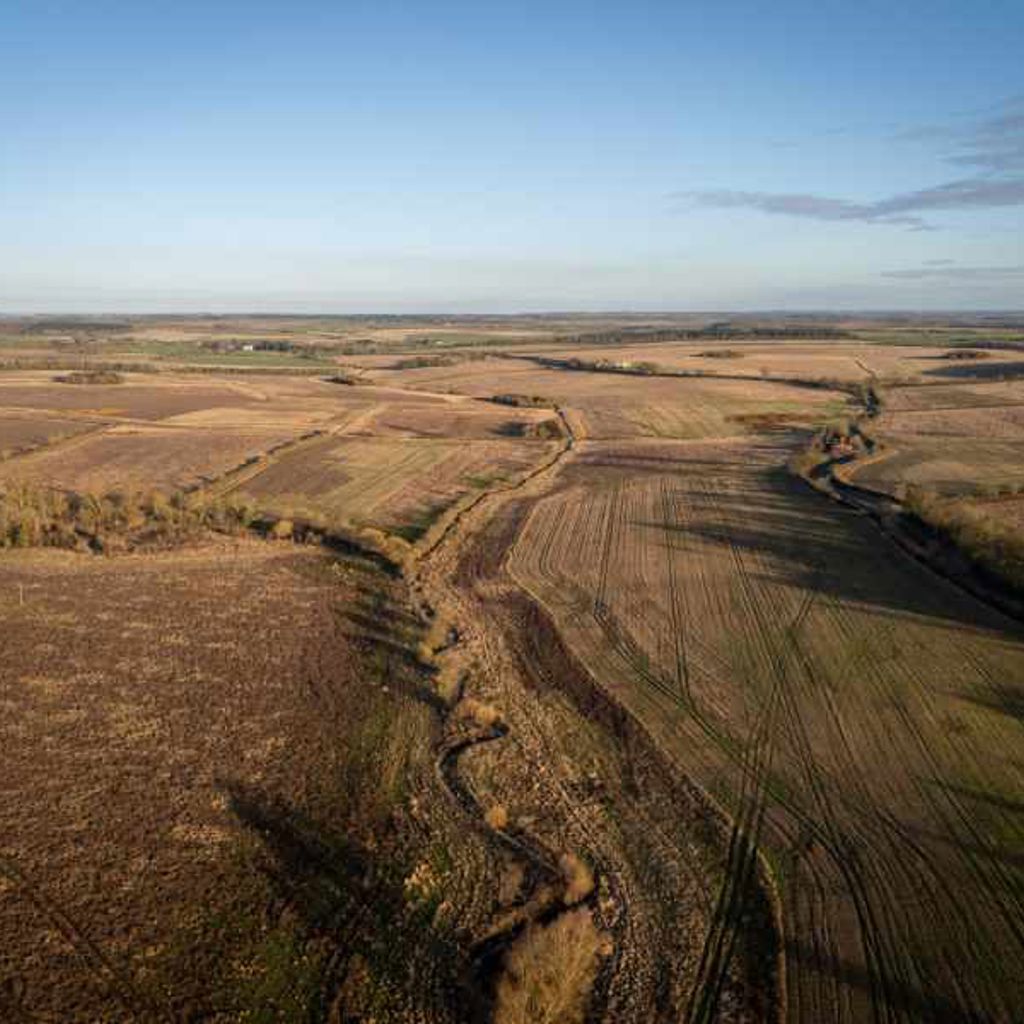Arup has been appointed by the Climate Change Committee (CCC) to assess the future impact of extreme heat on human health and productivity in the UK’s urban areas to help inform the fourth Climate Change Risk Assessment (CCRA4). Undertaken at a national scale, the research will set a global benchmark in understanding and quantifying nationwide urban heat risks.
Analysing specific characteristics of urban centres across the UK, the global sustainable development and engineering consultancy will also identify and develop a set of implementable solutions to mitigate overheating. These will serve to minimise the negative health and economic impacts of extreme heat.
The study will inform the CCC’s Well-Adapted UK Report, accompanying CCRA4 launching in 2026.
With 2024 already projected to surpass 2023 as the hottest year on record globally, cohesive understanding about the relationship between heat, health and economic productivity has never been more essential to mobilising solutions.
Utilising the scalable capabilities of Arup’s advanced digital technology UHeat, the study will be the first to evaluate urban heat solutions that can be viable at the building, neighbourhood and urban scales.
Developed to model heat across global contexts, UHeat can be used to inform and prioritise decisions around climate interventions at both a city and neighbourhood level. The tool formed the basis of the firm’s recent Urban Heat Snapshot, assessing the urban centres of nine major cities including London, New York, Cairo and Sydney. Investigating the urban heat island (UHI) effect, “hot spots” were mapped, enabling tailored and targeted solutions to be identified.
Laura Frost, Associate Director, Arup said: “The health and productivity impacts of extreme heat are increasingly evident but often overlooked. As temperatures continue to rise around the world, including in the UK, it is essential that we build resilience by minimising impacts on human health and the economy. Digital technologies can help us do this more efficiently than ever, in turn improving the lives of those in urban areas at a quicker pace. Arup is proud to be at the fore of this incredibly important work led by the CCC – our focus needs to be on developing and implementing solutions.”
Understood to cost the global economy $143 billion between 2000 and 2019, damages and required reparation costs invoked by climate change consequences continue to be a critical area of discussion.
Supported by academic partners at University College London, Cardiff University and Loughborough University, the research will further integrated thinking so that resilience can be embedded across a multitude of urban environments. In turn, disruptions to future generations’ health and productivity can be minimised.
Findings and recommendations will be accessible globally, serving as a benchmark and catalyst for understanding and addressing issues resulting from increasing temperatures.
Richard Millar, Head of Adaptation, CCC said: “In the Well-Adapted UK Report, we are carrying out and commissioning analyses which will help to provide evidence on the urgent risks identified in CCRA3 and the sectors identified by our Adaptation Monitoring Framework. Improving our understanding of the impacts of high temperatures and how our urban environments can be adapted to manage these is an important step for filling a key gap and developing our advice for resilience in the built environment sector."






